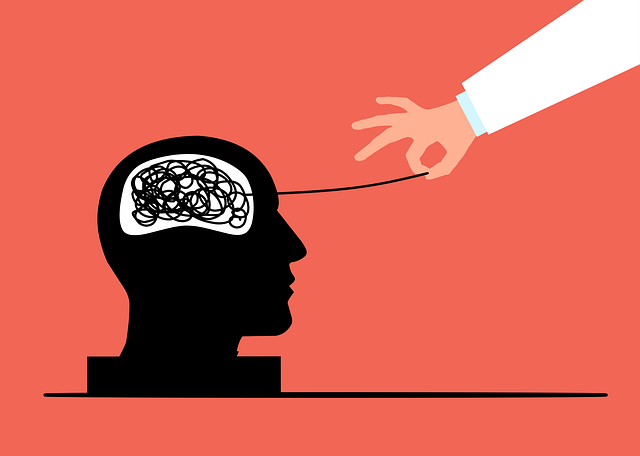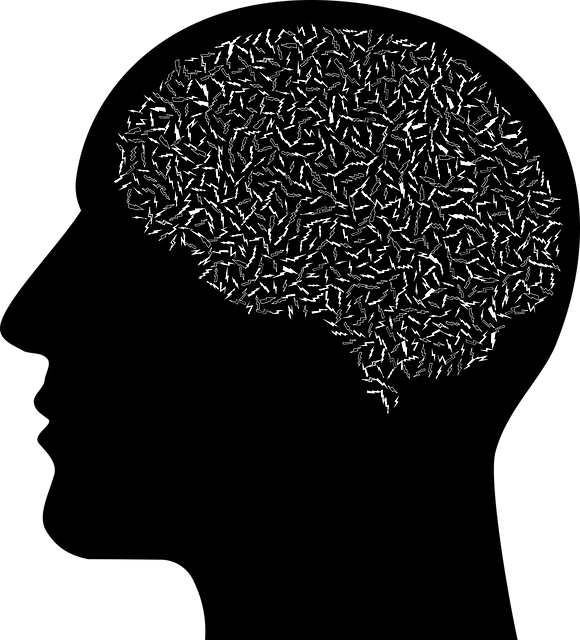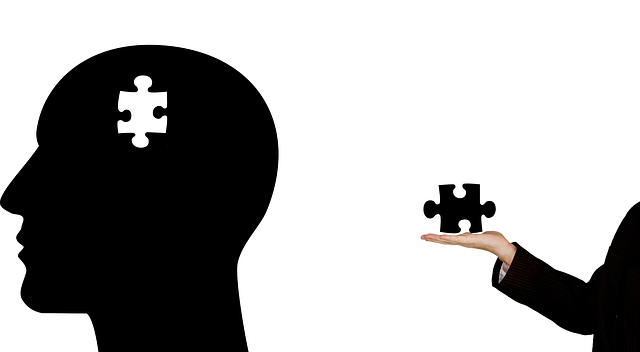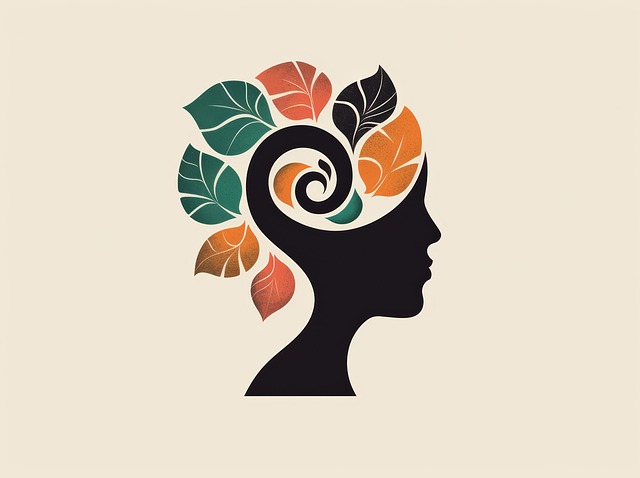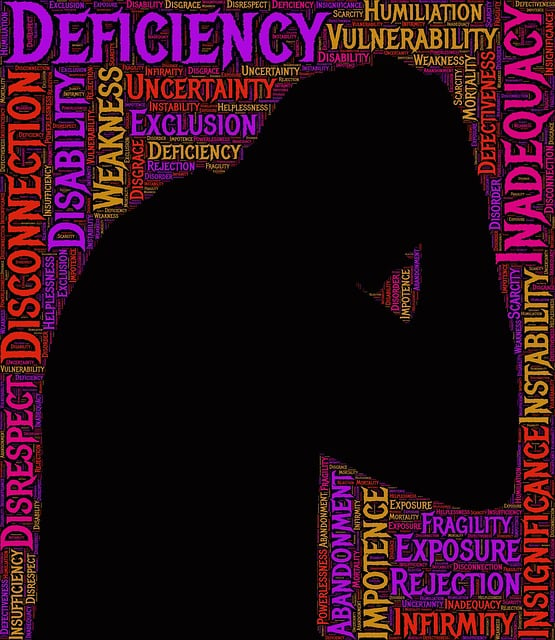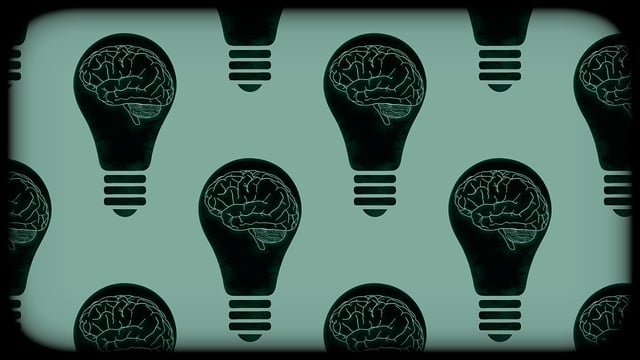Hebrew-speaking teen communities face a mental wellness support gap due to cultural nuances, family dynamics, and peer pressures that traditional therapy may not address. Effective self-assessment tools, incorporating journaling, compassion cultivation, and confidence boosting exercises, empower teens with knowledge about their mental health. Key assessment areas include anxiety, depression, and trauma, which significantly impact adolescents' daily lives and long-term well-being. Cultural sensitivity is crucial in tool development, bridging language barriers and promoting safe spaces for Hebrew-speaking teens to understand and manage their mental health. Online platforms offer accessible, discreet alternatives to traditional therapy, but combining digital tools with face-to-face sessions provides comprehensive support tailored to individual needs, focusing specifically on therapy for adolescent teens Hebrew speaking. Continuous testing, implementation, and improvement ensure these tools remain effective in promoting positive mental wellness among this demographic.
Mental wellness self-assessment tools play a pivotal role in identifying and addressing mental health challenges among adolescent teens, particularly within Hebrew-speaking communities. This article explores the development of such tools, focusing on cultural sensitivity and effective assessment strategies. We delve into key areas like anxiety, depression, and trauma, while considering digital solutions versus traditional methods. By examining testing, implementation, and continuous improvement, we aim to equip professionals with powerful resources for providing tailored therapy to Hebrew-speaking teens.
- Understanding the Need for Mental Wellness Self-Assessment Tools in Hebrew-Speaking Teen Communities
- Identifying Key Areas of Assessment: Anxiety, Depression, and Trauma
- Incorporating Cultural Sensitivity: Designing Tools for Hebrew-Speaking Teens
- Digital Solutions vs Traditional Methods: Finding the Right Balance
- Testing, Implementation, and Continuous Improvement for Effective Therapy
Understanding the Need for Mental Wellness Self-Assessment Tools in Hebrew-Speaking Teen Communities

In Hebrew-speaking teen communities, the need for accessible mental wellness self-assessment tools has become increasingly apparent. Teenagers often face unique challenges and pressures that can significantly impact their emotional well-being, such as cultural expectations, family dynamics, and peer relationships. Traditional therapy services might not always cater to the specific needs of this demographic, leaving a gap in support.
Self-assessment tools offer a valuable solution by empowering adolescents with knowledge about their mental health status. Through simple yet effective methods like Mental Wellness Journaling Exercises, teens can gain insights into their emotions, behaviors, and thought patterns. This proactive approach encourages self-reflection and fosters the development of healthy coping strategies. Additionally, incorporating Compassion Cultivation Practices and Confidence Boosting techniques within these tools can significantly contribute to building resilience and promoting positive mental wellness among Hebrew-speaking teen communities, ensuring they receive tailored guidance relevant to their cultural context.
Identifying Key Areas of Assessment: Anxiety, Depression, and Trauma

Identifying key areas of assessment is a crucial step in developing effective mental wellness self-assessment tools. Among various aspects of mental health, anxiety, depression, and trauma often top the list for comprehensive evaluation. Anxiety disorders can manifest in adolescents and teens through excessive worry, panic attacks, and avoidance behaviors. These symptoms may disrupt daily life and social interactions, highlighting the need for early intervention through therapy for adolescent teens Hebrew speaking individuals. Similarly, depression impacts mood, energy levels, and interest in activities, potentially leading to long-term consequences if left unaddressed.
Trauma, whether from past experiences or recent events, can have profound effects on emotional regulation and cognitive functioning. Self-assessment tools should capture the presence and severity of traumatic symptoms to facilitate appropriate support and treatment. Integrating these assessment areas into self-evaluation platforms can enhance public awareness campaigns development related to mental wellness, while also promoting inner strength development among teens and young adults.
Incorporating Cultural Sensitivity: Designing Tools for Hebrew-Speaking Teens

Incorporating cultural sensitivity is a vital step when developing self-assessment tools for Hebrew-speaking teens in mental wellness contexts. This involves ensuring that the resources are accessible and relevant to their unique experiences, perspectives, and backgrounds. Many adolescent teens from diverse linguistic and cultural communities may face challenges in traditional therapy settings due to language barriers and different conceptualizations of mental health. Therefore, tailored self-assessment tools can bridge this gap by offering a safe and culturally affirming environment for Hebrew-speaking teenagers to explore their inner world and seek support.
By integrating elements from existing research on stress management workshops and organization among adolescents, along with practices focused on self-awareness exercises and inner strength development, these tools can empower Hebrew-speaking teens to take charge of their mental health. Culturally sensitive approaches encourage the use of language and metaphors that resonate with them, fostering a deeper connection during the self-assessment process. This not only enhances their willingness to participate but also provides valuable insights for mental health professionals working with this demographic.
Digital Solutions vs Traditional Methods: Finding the Right Balance

In today’s digital era, the development of online mental wellness self-assessment tools has revolutionized access to care, especially for adolescent teens speaking Hebrew. These innovative solutions offer discreet and convenient options for those who may be hesitant to seek traditional therapy. Digital platforms provide interactive features like mental wellness journaling exercise guidance, allowing individuals to track their emotions and thoughts in private. Moreover, they can incorporate engaging multimedia elements to enhance the user experience, making emotional healing processes more accessible and appealing to younger audiences.
However, balancing digital solutions with traditional methods is crucial. Face-to-face interactions, such as therapy sessions, offer unique benefits like non-verbal cues, immediate feedback, and a sense of community. Combining both approaches can create a comprehensive support system. For instance, online tools can serve as initial screening and assessment resources, while subsequent therapy sessions utilize communication strategies tailored to individual needs, ensuring personalized care for adolescent teens seeking therapy for adolescent teens Hebrew speaking.
Testing, Implementation, and Continuous Improvement for Effective Therapy

Testing, implementation, and continuous improvement are pivotal for developing effective mental wellness self-assessment tools tailored to therapy for adolescent teens in the Hebrew-speaking community. Rigorous testing ensures that the tools accurately assess mental health issues, such as anxiety relief needs, using culturally sensitive methodologies aligned with local norms and values. This involves pilot studies involving a diverse group of adolescents to identify any cultural barriers or misunderstandings.
Once developed, these tools must be implemented within accessible and engaging platforms, like online platforms or workshops organized by stress management workshops organizations. Continuous improvement is achieved through regular feedback from both users and mental health professionals. By incorporating insights gathered from practice, the tools can adapt to evolving needs, ensuring they remain effective in promoting mind over matter principles for Hebrew-speaking teens.
The development of mental wellness self-assessment tools tailored for Hebrew-speaking teen communities is a significant step towards enhancing access to therapy for adolescent teens. By addressing key areas such as anxiety, depression, and trauma while incorporating cultural sensitivity, these tools offer a more inclusive and effective approach. Balancing digital solutions with traditional methods allows for increased reach and flexibility, ensuring that teens can access support in a way that suits them best. Continuous testing, implementation, and improvement are crucial to creating robust and meaningful resources that positively impact the mental health of Hebrew-speaking adolescents.


